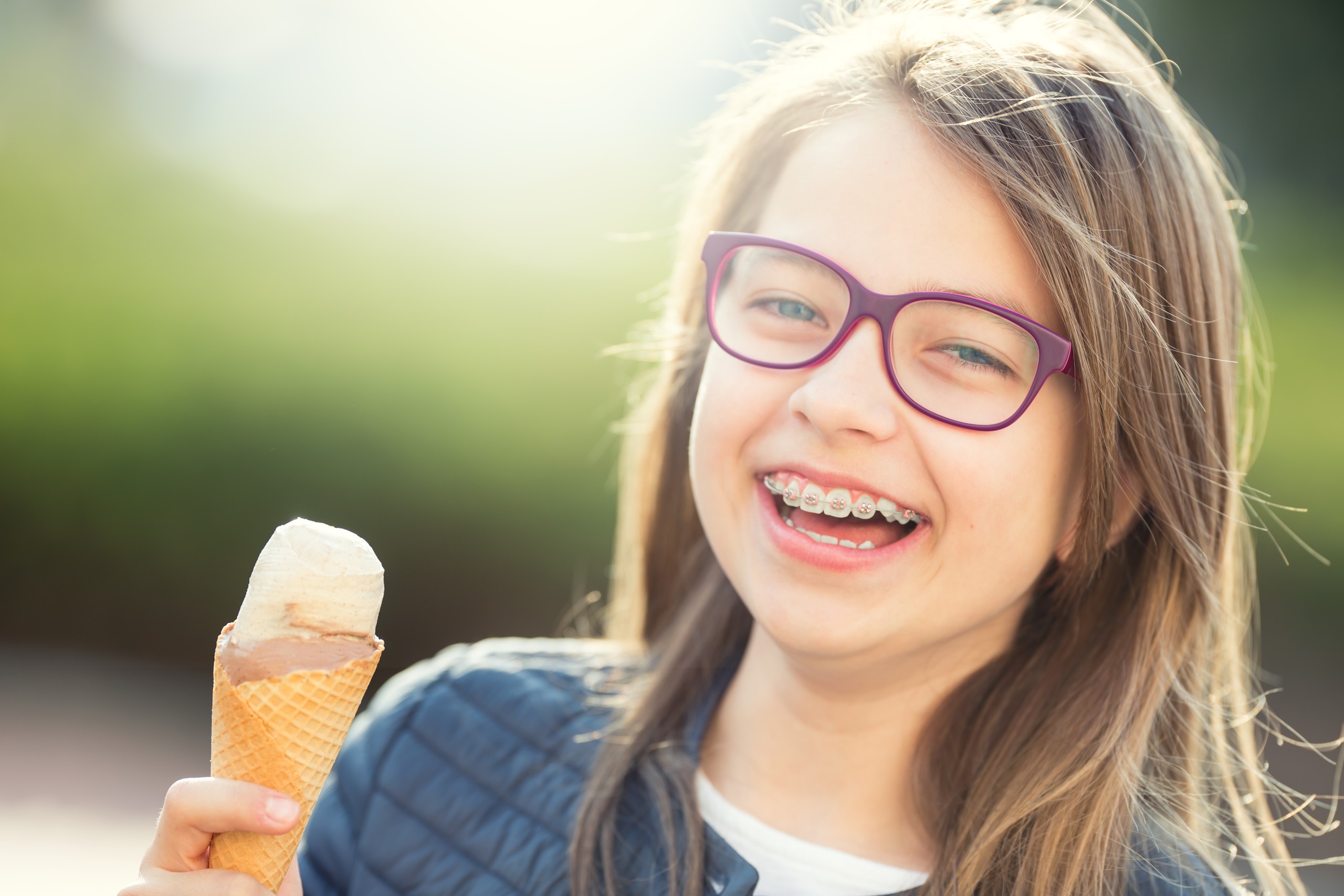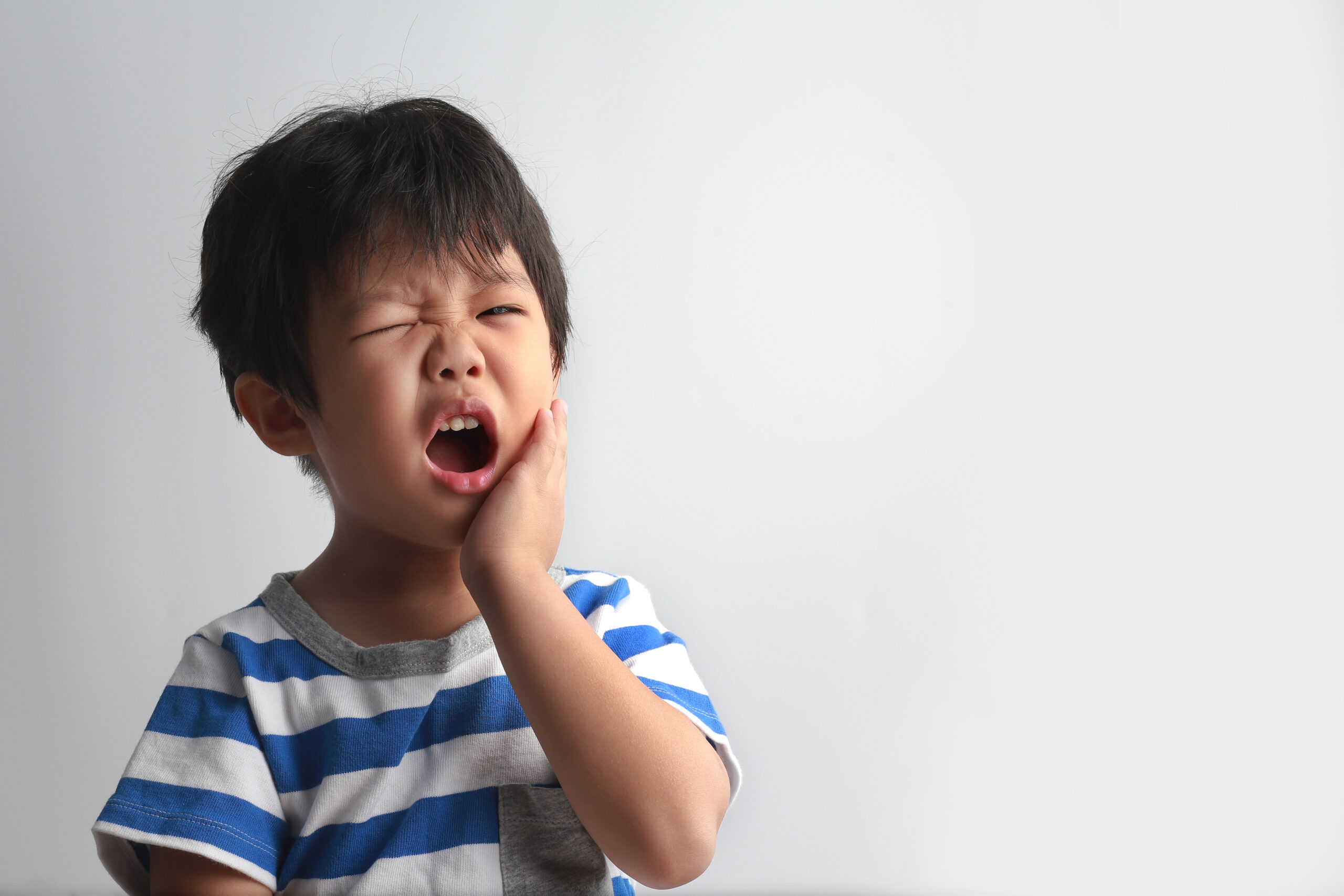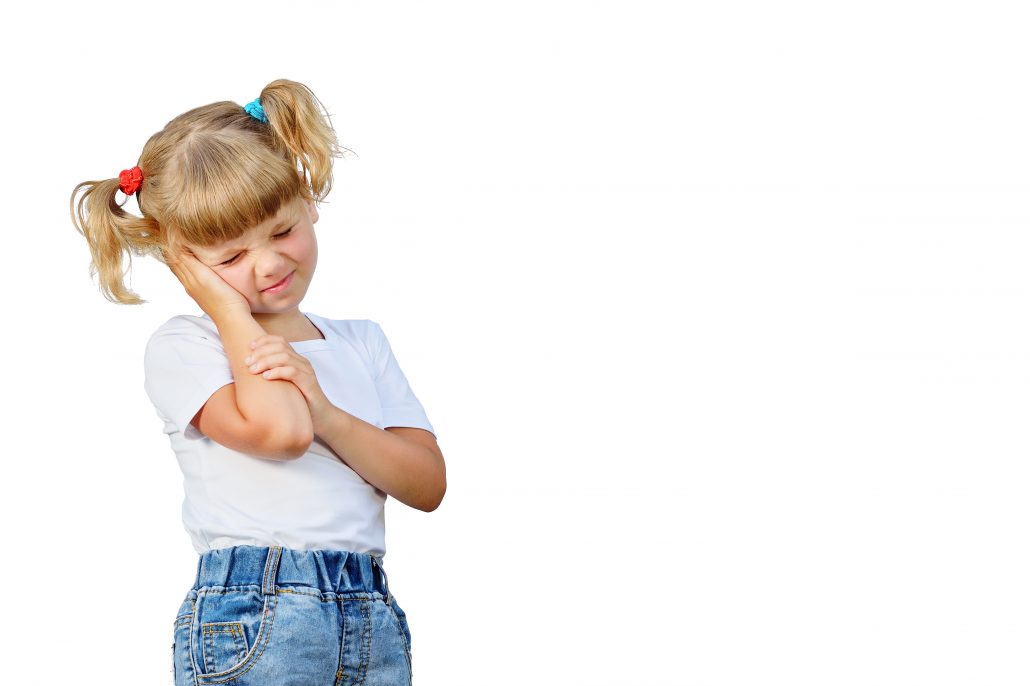When was the last time you cleaned out the family medicine cabinet? Doing so is important not just to declutter but to safeguard your kids’ health.
It goes without saying that all medicine should be stored securely out of reach of children. But as kids grow and are able to access above-sink shelves, that’s harder to do. This is particularly worrisome in light of the current epidemic of teens helping themselves to and abusing prescription drugs. A recent study by the Partnership at Drugfree.org reports that 24 percent of high school students surveyed — 5 million-plus teens — admit to taking perilous amounts of prescription meds, a 33 percent jump from 2008.
Short of purchasing a lockable drug-safe cabinet, the best way to kid-proof the medicine chest is to stay on top of its contents. Remove every bottle and examine use-by dates. Safely discard any expired or leftover medication at a local drug take-back event. Here are 8 ways to decrease other potential kid-vs.-medicine dangers you may not have considered.
1. Do not keep medications in the bathroom vanity. The humidity and heat from showers and baths can alter the composition so that the drug does not work as intended.
2. Don’t give aspirin to children and teens, due to its link to Reyes syndrome, a rare disease that can affect the brain and liver following a viral illness. Use acetaminophen (Tylenol) or ibuprofen (Advil and Motrin). Both these classes of drugs offer pain and fever relief, with the latter also offering anti-inflammatory benefits. Ask a pediatrician or pharmacist which pain reliever best suits your child’s situation.
3. Over-the-counter (OTC) painkillers are real medicines. According to pharmacist Dean Mercer, “OTCs can increase blood pressure, pose cardiac risk, worsen asthma and complicate infections.” Never give adult-strength OTCs to children. Carefully read instructions for dosing and timing based on age and weight. Note the times you administer medicine so you do not overdose in error.
4. Use cold and cough medicines cautiously. They have been shown to pose serious risk and be of limited value to kids younger than age 6. Mercer suggests that saline drops and spray can offer relief from cold symptoms and honey lozenges can ease the throats of children over a year of age. Tweens and teens age 12 and older can be given adult-strength if dosage is administered as instructed on the container.
5. Administer doses with a medicine syringe instead of a kitchen spoon.Small dosage errors can have a large impact on small bodies. Mercer recommends administering medicine accurately with a syringe dropper marked with measured lines, never kitchen spoons. Have a pharmacist show you how to measure the dosage if you are unsure. Record your child’s weight regularly so you are not guessing if you have to draw up medicine in the middle of the night with a sleepy brain.
6. Toiletries and beauty items pose dangers. Mouthwash can be toxic to kids if ingested
in large doses; ditto, inhaled aerosols. Razors are a hazard in small hands, so keep toiletries and beauty products out of reach.
7. Do not let your medicine cabinet fuel a “pharm party.” This is a practice where teens put prescription meds and OTC drugs from the household medicine cabinet into a big bowl and grab handfuls of pills without knowing what they are taking. Lock up all prescription medication and talk to your teens about the dangers of this potentially lethal behavior.
8. Start conversations about proper use of medicine with children when they are young. Never suggest that medicine “tastes like candy.” Model taking your own medication appropriately. Using expired medication or
self-diagnosing and taking a previously prescribed drug is downright dangerous.
Sue LeBreton is a health and wellness journalist with two children.






